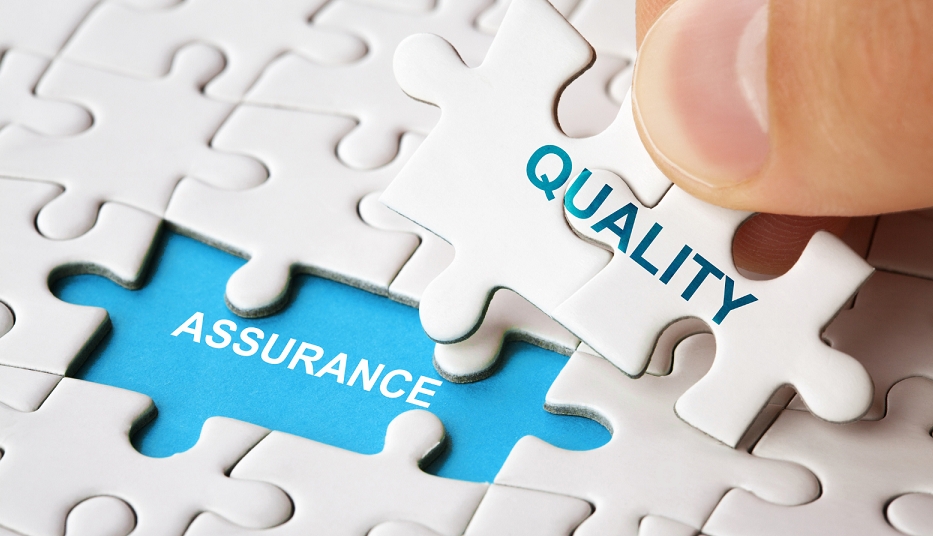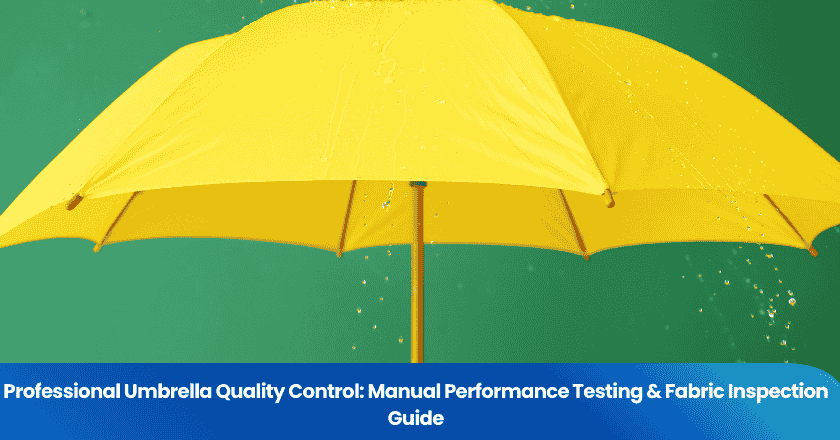
Quality Assurance (QA) is the process of ensuring that products and services meet certain quality standards. In modern enterprises, whether it's manufacturing, software development, or service industries, quality assurance plays a crucial role. It not only helps enterprises ensure that their products meet consumer needs but also significantly enhances customer satisfaction and brand reputation.
The core objective of quality assurance is to prevent non-conforming products from entering the market, thereby reducing returns, complaints, and brand damage caused by quality issues. Through systematic quality control, enterprises can maintain their competitive edge in a fiercely competitive market and enhance customer loyalty.
Throughout all stages of product development, quality assurance ensures that each step meets the standard requirements, preventing defective products from affecting user experience. Timely identification and resolution of quality issues not only reduces costs but also enhances customer trust and satisfaction with the brand.
Key factors to consider when selecting a quality assurance service company
In the crucial decision-making process of selecting a quality assurance service company, enterprises should conduct an in-depth and comprehensive evaluation to ensure a perfect fit with their own business needs and strategic goals. Below are several core elements that should not be overlooked during the screening process:
Experience and professionalism
The selected quality assurance company needs to possess profound industry accumulation and expertise, and have a deep understanding of the unique quality requirements of different industries. For example, in the field of medical equipment, the requirements for safety are extremely strict; while in the food industry, focus needs to be placed on hygiene standards and shelf-life management. Therefore, the industry experience of the service provider is directly related to its ability to accurately grasp the key points of quality control, thereby providing services that best meet the characteristics of the industry for the enterprise.
Certification and standards
International standard certifications, such as ISO 9001 (Quality Management Systems) and ISO/IEC 17025 (General Requirements for the Competence of Testing and Calibration Laboratories), not only represent international recognition of a company's quality management level but also serve as compelling evidence that it can deliver services in accordance with the highest international standards. Choosing a company that has obtained such certifications signifies that its products are more likely to meet the quality thresholds of the global market.
Continuous compliance: Ensuring that the quality assurance service company can continuously track and adhere to the latest international standards and industry norms is crucial for maintaining the long-term stability of product competitiveness.
Technologies and tools
Testing and Analysis: With the rapid development of technology, the adoption of automated testing tools and intelligent analysis systems has become crucial for enhancing the efficiency and precision of quality assurance. Enterprises should prioritize service providers who are proficient in utilizing the latest technologies to optimize testing processes, shorten testing cycles, and minimize human errors.
Technological innovation capability: The technological innovation capability of a service provider is also an important indicator for assessing its future potential. It ensures that the enterprise can continuously enjoy cutting-edge quality assurance services.
Flexibility and customization
Personalized Solutions: Each enterprise's business model, product characteristics, and market demands are unique. Therefore, whether a quality assurance service company can design a highly customized quality assurance solution based on the specific needs of the enterprise is crucial for achieving precise quality control.
Rapid response and continuous support: In a rapidly changing market environment, the flexibility and response speed of service providers are equally important. Whether they can quickly adjust their strategies to respond to unexpected situations, as well as provide long-term technical support and service upgrades, is the key to measuring their service quality and commitment.
Company reputation and historical performance
Customer Reviews and Testimonials
Real customer reviews: Customer reviews of potential service providers are like a mirror, reflecting the true face of their service quality. Enterprises should carefully browse customer feedback on online review platforms, social media, and industry forums, looking for detailed and specific reviews written by real customers. Positive reviews are often accompanied by high customer satisfaction, and they serve as the cornerstone of word-of-mouth, building a good reputation for service providers within the industry.
Official recommendation letters and case sharing: In addition to public evaluations, enterprises should also actively request official recommendation letters from service providers. These formal recommendations from past customers are often more authoritative and persuasive. At the same time, the specific cooperation experiences, service highlights, and achievements elaborated in the recommendation letters can provide enterprises with a more intuitive service expectation.
Case studies and success stories
In-depth case studies: Case studies serve as valuable resources for assessing the practical capabilities of quality assurance service companies. They not only document how companies tackle complex quality challenges but also reveal their problem-solving strategies, processes, and ultimate outcomes. By deeply analyzing these cases, enterprises can gain insights into the professional depth, innovative thinking, and problem-solving abilities of service providers, thereby more accurately evaluating whether they are suitable for their own quality assurance needs.
Success Stories and Performance Demonstrations: Successful case stories serve as vivid showcases of the capabilities of service providers. They narrate in a descriptive manner the authentic stories of how companies have assisted their clients in enhancing product quality, optimizing production processes, and reducing costs. These stories not only bolster the credibility of service providers but also offer enterprises valuable successful experiences for reference, aiding in setting clearer goals and expectations during subsequent collaborations.
Grow your business with TradeAider Service
Click the button below to directly enter the TradeAider Service System. The simple steps from booking and payment to receiving reports are easy to operate.





